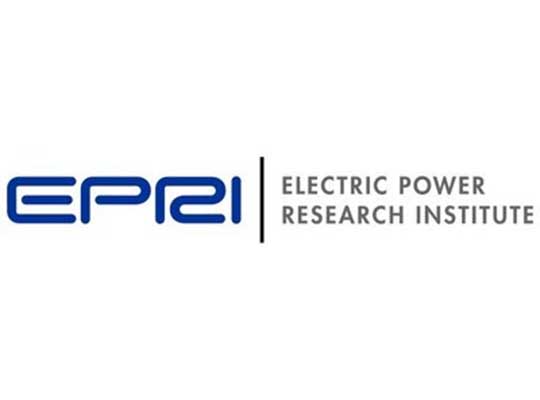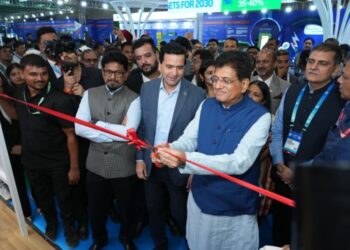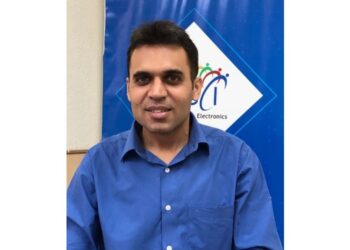The Electric Power Research Institute (EPRI), along with Schneider Electric, General Electric, and Smarter Grid Solutions, received a $2.2 million award to develop a distributed energy resource management system (DERMS) to mitigate potential issues caused by integrating distributed energy resources (DER) with the electric grid.
The New York State Energy Research and Development Authority (NYSERDA) awarded the funding through its Smart Grid Innovation program, as part of New York State’s overall strategy to achieve Governor Cuomo’s goal of a zero emission electricity sector by 2040. The project includes a pilot program deployed with Central Hudson Gas & Electric to develop and demonstrate a scalable system that enables a large quantity of DER to be integrated into transmission and distribution systems.
“EPRI is proud to spearhead this effort to develop a control framework for utilities to manage challenges brought on by integrating high amounts of DER,” said Daniel Brooks, EPRI’s Vice President of Integrated Grid and Energy Systems. “EPRI is implementing this critical pilot program, and we are developing the requirements for technologies and protocols for DERMS to communicate with DER successfully and securely.”
Research seeks to address potential challenges to integrating more DER into the electric grid, such power quality challenges, overload to distribution and transmission grid components, and over-voltages. The project will also demonstrate how DERMS can be integrated with existing utility back office systems. The results will help utilities integrate higher capacities of renewable energy resources while ensuring reliable, safe, and affordable power to customers.
“As we work to implement Governor Cuomo’s nation-leading goals, collaborative solution-based projects like this are helping New York State to advance technology needed to ensure that the electric grid has the capacity to integrate and deploy clean energy in a safe and cost-effective way,” said John Lochner, NYSERDA’s Vice President of Innovation. “We are eager to learn from this research project and pilot program to further inform efforts as we ramp-up renewable energy distribution across the State.”
The three companies—Schneider Electric, General Electric, and Smarter Grid Solutions—offer insights into operating experiences and best practices with DERMS, distribution management systems, and energy management systems. These diverse experiences will allow for the project’s combined results to provide a broad range of lessons for DER and grid management across the entire power industry while providing specific results for Central Hudson Gas & Electric.
“We’re at an exciting and critical moment as we work toward achieving New York State’s ambitious clean energy goals,” said Ryan Hawthorne, Assistant Vice President of Electric Engineering and Operations at Central Hudson Gas & Electric Corporation. “This research initiative will help overcome potential challenges with DER while also ensuring the quality and reliability of service that our customers expect.”
New York’s aggressive decarbonization goals and statewide scale-up of renewable energy resources, such as wind and solar, require increasing the existing electric grid’s capabilities while reducing distribution costs to the consumer and reducing the need for system upgrades.
EPRI is leading the industry on DERMS research and development (R&D) through thought leadership initiatives like the DERMS Interest group and the TSO/DSO coordination working group for DER Management. Through these activities, EPRI continues to serve utilities, ISOs and technology providers by developing well-vetted, consensus requirements for DERMS that are widely used by the industry.
EPRI will extend participation in this initiative to other utilities with the introduction of a new supplemental project designed to help set a repeatable framework for utilities to handle operational challenges of integrating DER actively using the new DERMS technology.
For more information, visit www.epri.com/research/sectors/pdu.












